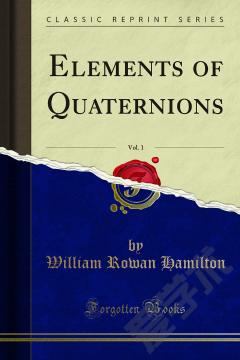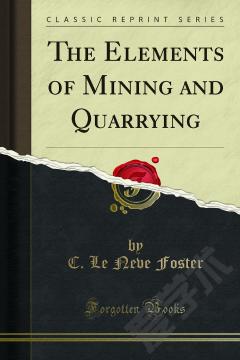Farce and Farcical Elements
Farcical elements were incorporated into non-comic drama ever since the theatre had been rediscovered in the Middle Ages. Already at a very early stage, comic scenes proved to be popular additions to liturgical music drama and, later, to religious plays in the vernacular. Some scholars believe that the genre of farce developed out of these farcical elements. The suggestion was made that farces, similar to the stuffing of meat or poultry, had been added to plays to increase audience involvement. Other researchers see quite different origins for the farce. The present volume does not aspire to solve the question of the relationship between the two types of “comedy” on the medieval stages but its editors hope that it will nevertheless contribute to this discussion. In addition, it will enable its readers to form an impression of the huge variety of the comic in the vast area of medieval and early Renaissance theatre and drama.
{{comment.content}}








 京公网安备 11010802027623号
京公网安备 11010802027623号